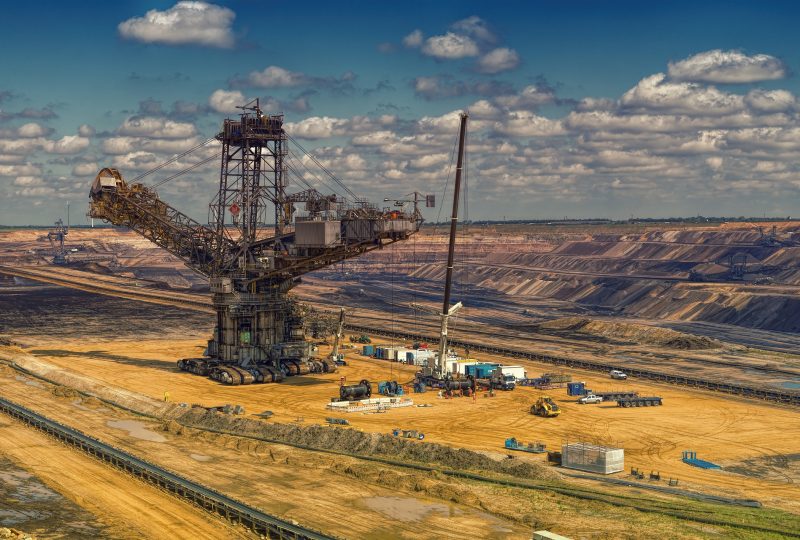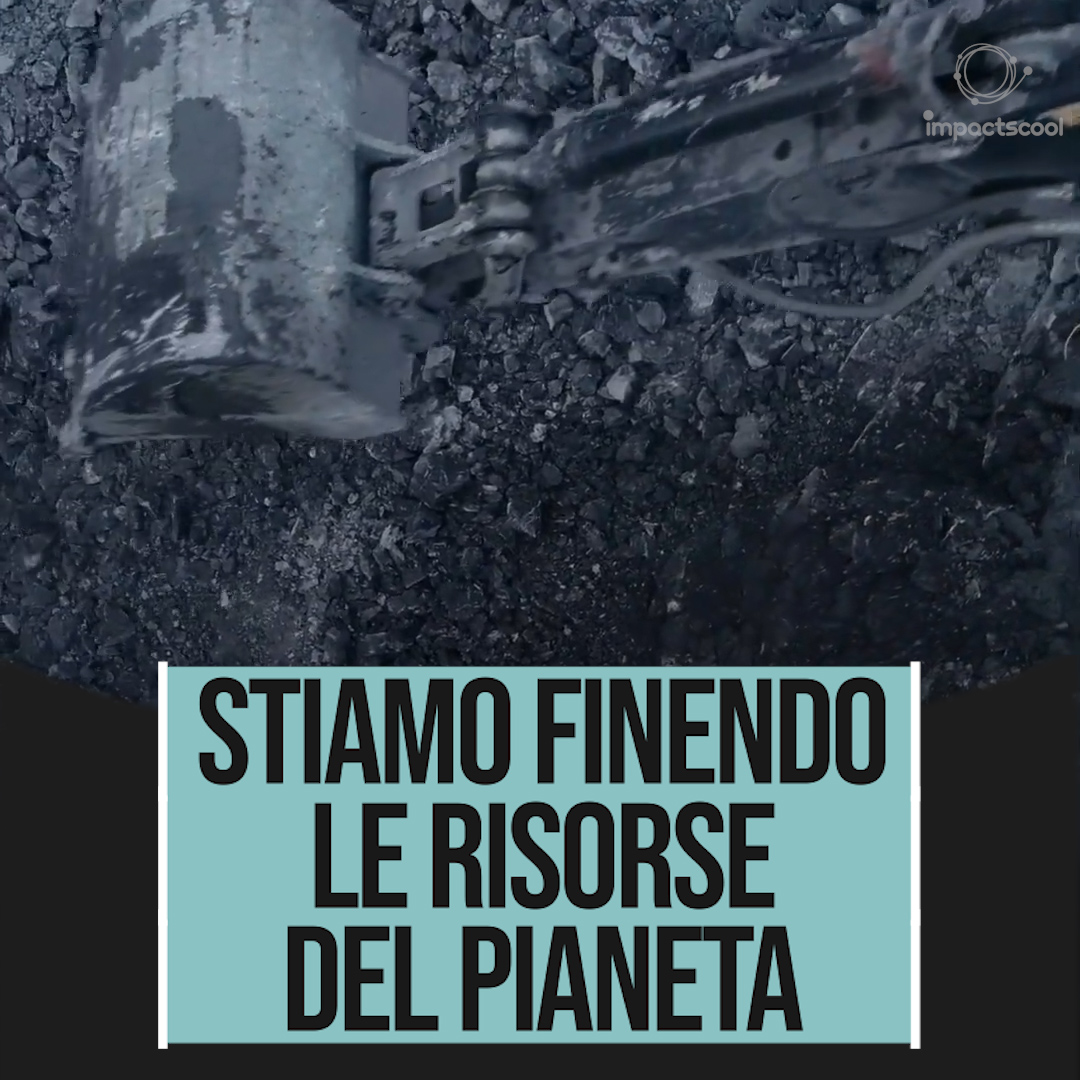We are inefficient in producing resources: we need new solutions
29 August 2019 | Written by La redazione
We consume more than the earth fails to produce and this is severely damaging our planet

There is no free meal. This motto indicates the fact that it is impossible to obtain a benefit without paying a cost, this is how nature works: if we want to go to the root of the question everything returns to the law of conservation according to which everything is transformed and nothing is destroyed. We humans have become great at transforming things from when we started turning stones into knives from when we learned how to order nanoscale materials to create the devices from which you are reading this article. However, what we are a little less good at is making this process as efficient as possible, a lack that forces us to use more and more resources. A conduct that is leading us towards a slippery slope.
The Global Footprint Network every year, for more than 30 years, calculates the Overshoot Day, the day when humanity consumes the amount of resources that our planet is able to regenerate in a year. If this day arrived on December 31 it would mean that we would be in a situation of equilibrium: we consume as many resources as they are regenerated, an ideal situation that we have abundantly overcome with the constant growth of the needs for goods and products that our consumerist civilization requires. In fact this year the Overshoot day arrived on July 29 and every year the time needed to exhaust the resources that the planet manages to regenerate decreases.
Too much inefficiency. This is a symptom of our inefficiency in generating goods. The growth of the population and the greater need for goods, in fact, do not grow in a linear manner: the latter is much higher. Being able to generate the same quantity of goods using a smaller amount of resources is the goal we must set ourselves to safeguard not only our society but also the environment in which we live (from which the company depends).
The example of rare earth. For certain transformations, however, the efficiency we can achieve is limited: just think of the rare earth found in our electronic devices. In the world, according to recent estimates, there would be about 8.7 billion smartphones, which are only a part of the objects that need these minerals to function. Each of these devices contains up to 40 different rare earth, each of which requires an enormous amount of energy to be extracted. This is a very inefficient process: the name “rare earth” indicates not so much their low quantity, on the contrary, some are very common in the earth’s crust, but it comes from the fact that they are widely dispersed in the ground: an enormous quantity is needed of extracted material to obtain a small amount of rare earth. A process, therefore, intrinsically inefficient but the result of which is increasingly required.
The environment is undergoing ever harsher blows from man, as recent events in Siberia and South America have highlighted, a risky process that does not we can afford to continue to accelerate. There is still a lot to do, but one step at a time, starting from re-use and recycling, passing through more careful consumption, we could slowly change things.






